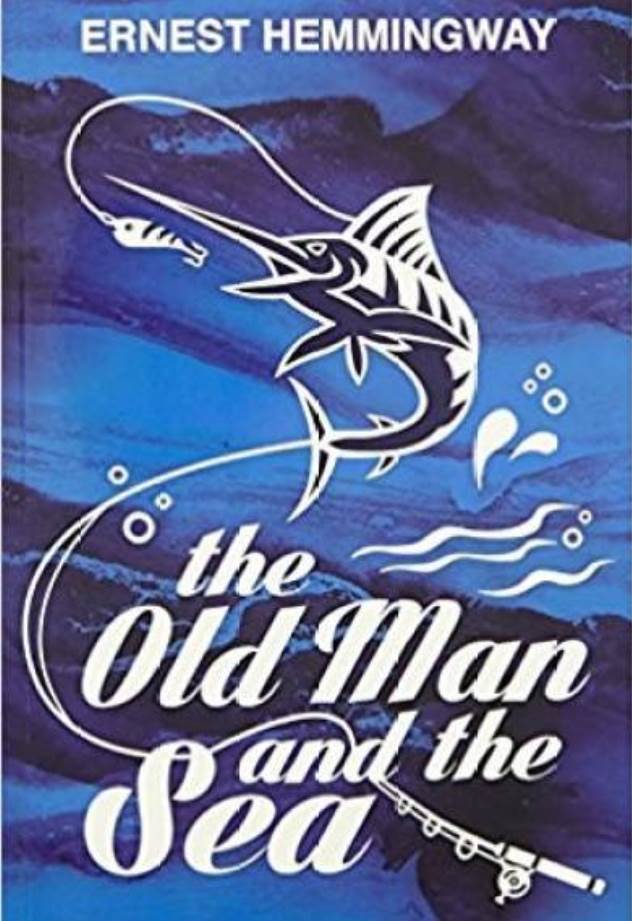I set myself a reading target of 12 books for December 2018 and I exceeded the target by 5 books, partly due to the fact that some of the books I read in December are short books. The last book that I read this month is The Old Man and the Sea by Ernest Hemmingway which is only 117 pages in length and the print is relatively large.
Ernest Hemmingway’s The Old Man and the Sea is an ode to life’s struggles: the struggles for the most basic existence and the battle with nature for survival itself. It is a story of manhood, hope, courage, skill, art and endurance. It is a very short story but is considered by many to be Hemmingway’s best book. I have not read any other book by Hemmingway so I can’t comment on that
Superficially, the story appears to be a simple tale of an epic struggle between an old Cuban fisherman and the greatest catch of his life, only to lose it to the sharks.
For eighty-four days, Santiago has set out to sea and returned empty-handed. So unlucky is he that his young apprentice and friend, Manolin, had been forced at his parents’ behest to leave the old man in order to fish in a more successful boat.
On the eighty-fifth day of his unlucky streak, Santiago sets out alone in his small skiff far beyond the island’s shallow coastal waters into the Gulf Stream. At noon, a gigantic 18 foot long marlin takes one of his baits and is hooked. The epic battle between the old man and the fish begins.
To avoid letting the fish escape, Santiago lets the line go slack so that the fish won’t break his line but he and his boat are dragged out to sea for three days. Finally, the fish grows tired, and Santiago manages to pull the marlin in close enough to kill it with a harpoon thrust. He lashes the fish to his boat as his boat is too small to carry it. Santiago is still far out to sea and as he sets sail for the shore, the blood from the dead fish attracts sharks.
Despite doing his best to fend off the sharks, Santiago’s efforts are in vain. By the time he reaches the shore, he is left with only the bones. But the experience has changed him and altered the perception others have of him.
This story is actually a brilliant parable of man’s struggle with nature and himself. It was awarded the Pulitzer Prize for Fiction in 1953.
 CY@CY Says Welcome to my dreamscape. Where a Lim is also a Ling.
CY@CY Says Welcome to my dreamscape. Where a Lim is also a Ling.
